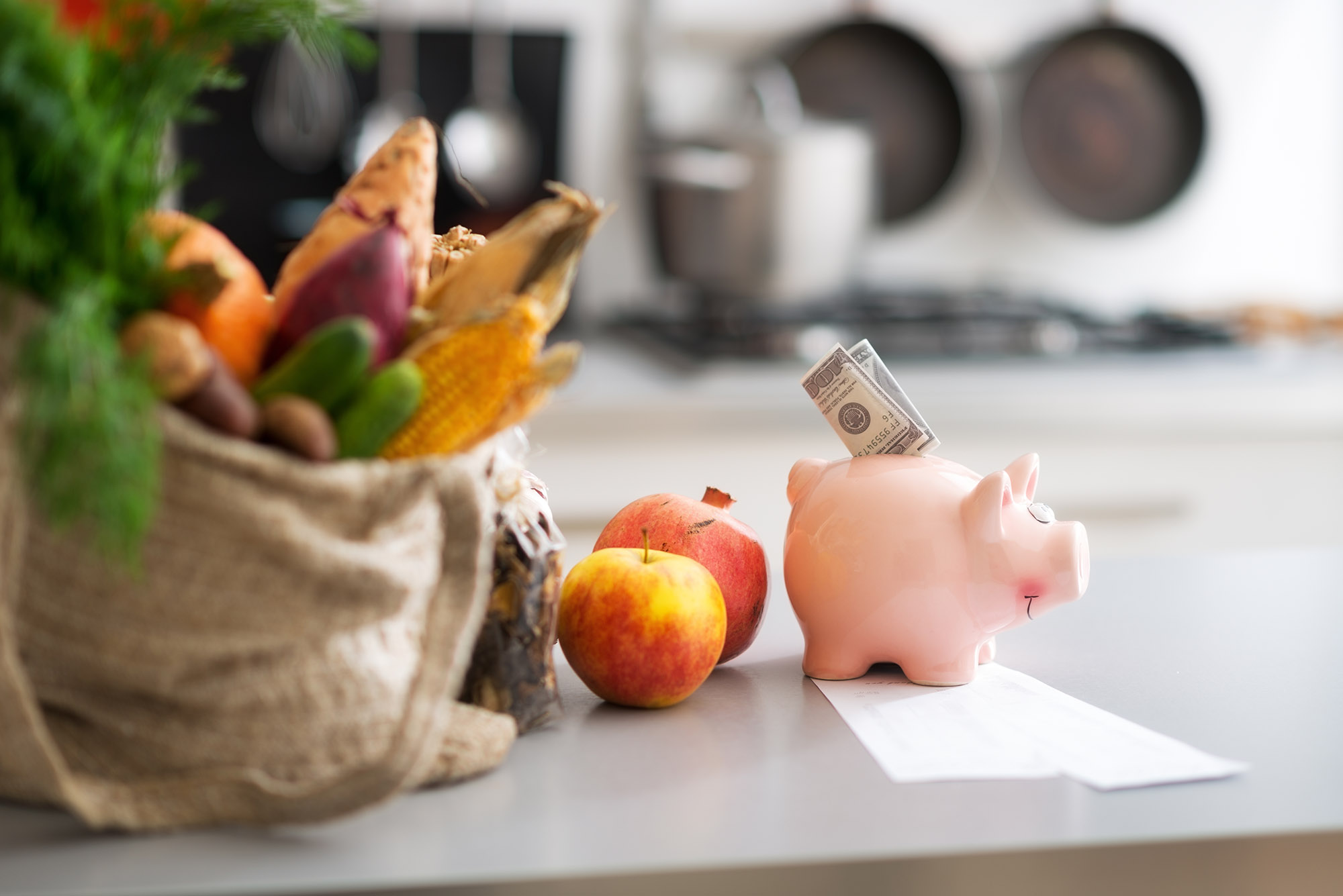
Plan your Meals
Meal planning is the cornerstone of efficient grocery shopping. Plan your meals for the week ahead, taking into account the ingredients you already have at home. By doing this, you not only avoid impulse buying, but you also prevent waste from buying too much or duplicate items. Remember, every item thrown in the bin is money wasted.
Make a Shopping List
Once your meals are planned, create a detailed shopping list. List items under categories like dairy, meats, fruits, vegetables, canned goods, etc. This will not only save time but will also deter you from wandering into aisles you don’t need to visit – a common cause of unplanned and unnecessary purchases.
Evaluate Sales and Discounts
Before you hit the supermarket, take a moment to evaluate the sales and discounts available. Most stores offer weekly flyers or have apps that highlight their deals. However, a word of caution – don’t get lured into buying something just because it’s on sale. Make sure it’s an item you need or can use in the near future.
Set a Budget
Setting a grocery budget and sticking to it is crucial. This ensures you’re conscious of your spending and can adjust your list based on your budget. Remember, the goal is to purchase what you need while staying within your financial boundaries.
Time Your Shopping Right
Did you know that the time you shop can also impact your grocery bill? Shopping on a full stomach and at less crowded hours can make a significant difference. Hungry shoppers tend to buy more, and when the store is crowded, you might rush and make poor choices.
Effective planning and preparing before you shop is the first, critical step in your journey to save money on groceries. It requires some time and thought, but the savings you’ll reap will make it worth the effort. As the saying goes, “Failing to plan is planning to fail.” In the next chapters, we will delve deeper into various strategies that can complement your planning and preparation to further drive down your grocery expenses.








